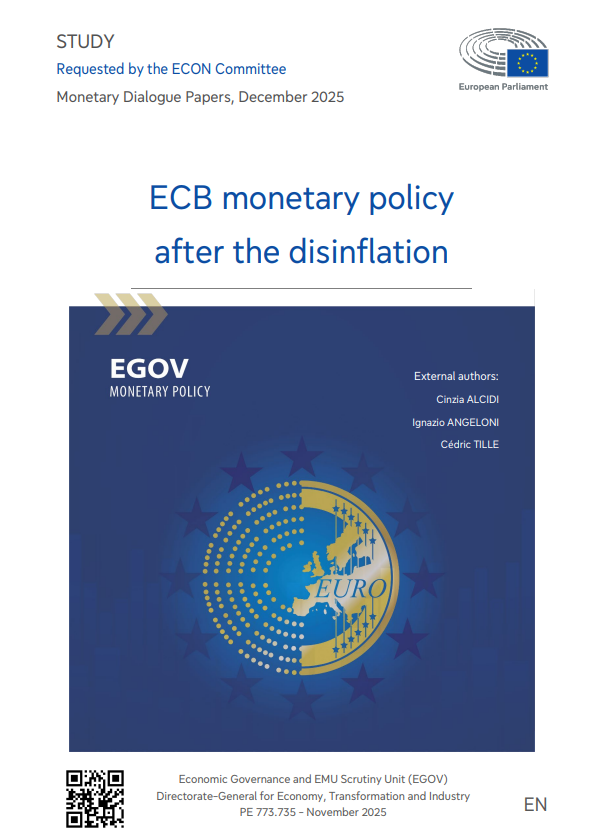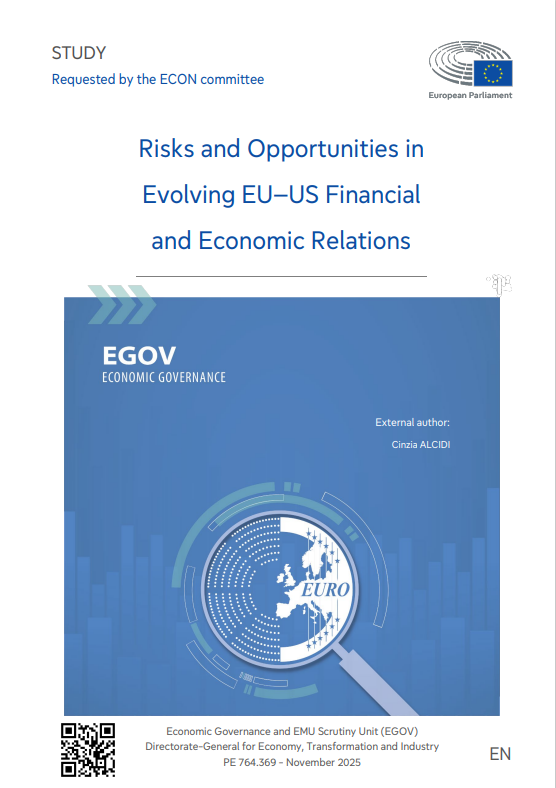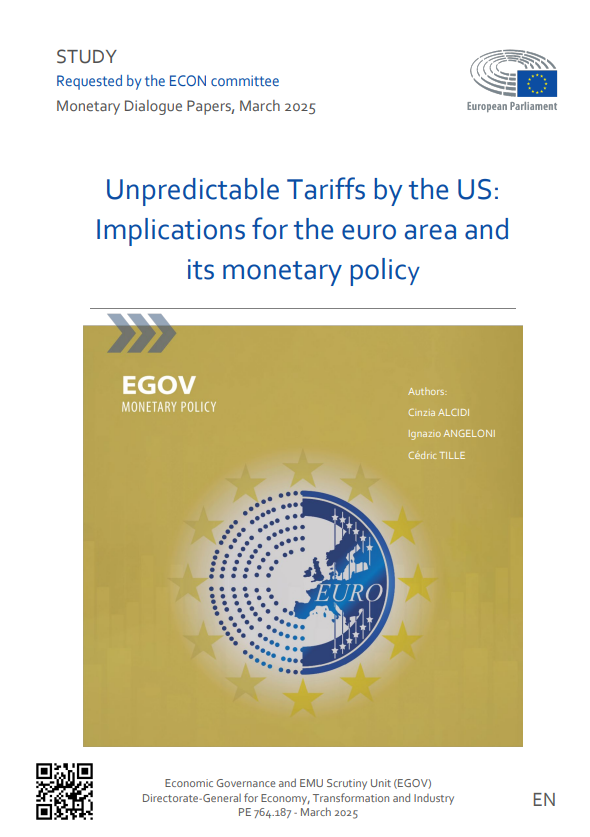Performance budgeting (PB) and the increasing adoption of performance-based instruments are key trends in the EU budget and the EU’s broader financial framework. This has resulted in new challenges for how the European Parliament exercises budgetary control and over the best the approach to ensure accountability in EU expenditure.
The current PB system for the Recovery and Resilience Facility (RRF) faces significant shortcomings in monitoring, accountability and fund disbursement mechanisms. Member States are required to self-report progress every two years, with funds allocated only if milestones and targets (M&Ts) are satisfactorily fulfilled. However, there are still issues over defining and measuring M&Ts, with the lack of a clear definition of ‘performance’ in the RRF Regulation and inconsistent monitoring approaches across Member States being among the identified flaws.
The lack of harmonisation across Member States impedes accountability and effective budgetary control. The need for robust methodologies, the better harmonisation of data across EU Member States, and enhanced oversight to ensure sound financial management are therefore crucial for improving the framework. Despite continuing resistance from Member States, working towards establishing an EU-level database for real-time monitoring should be seriously considered as a key step forward.
This study was requested by the European Parliament’s Committee on Budgetary Control.
Other contributors: Iain Begg (LSE and CEPS), Zsolt Darvas (Bruegel and Corvinus University of Budapest), Anna Fiore (Bruegel), Michal Krystyanczuk (Bruegel), Kamil Sekut (Bruegel), John Bachtler (EPRC), Stefan Kah (EPRC), Carlos Mendez (EPRC) and Odilia Van Der Valk (EPRC).












